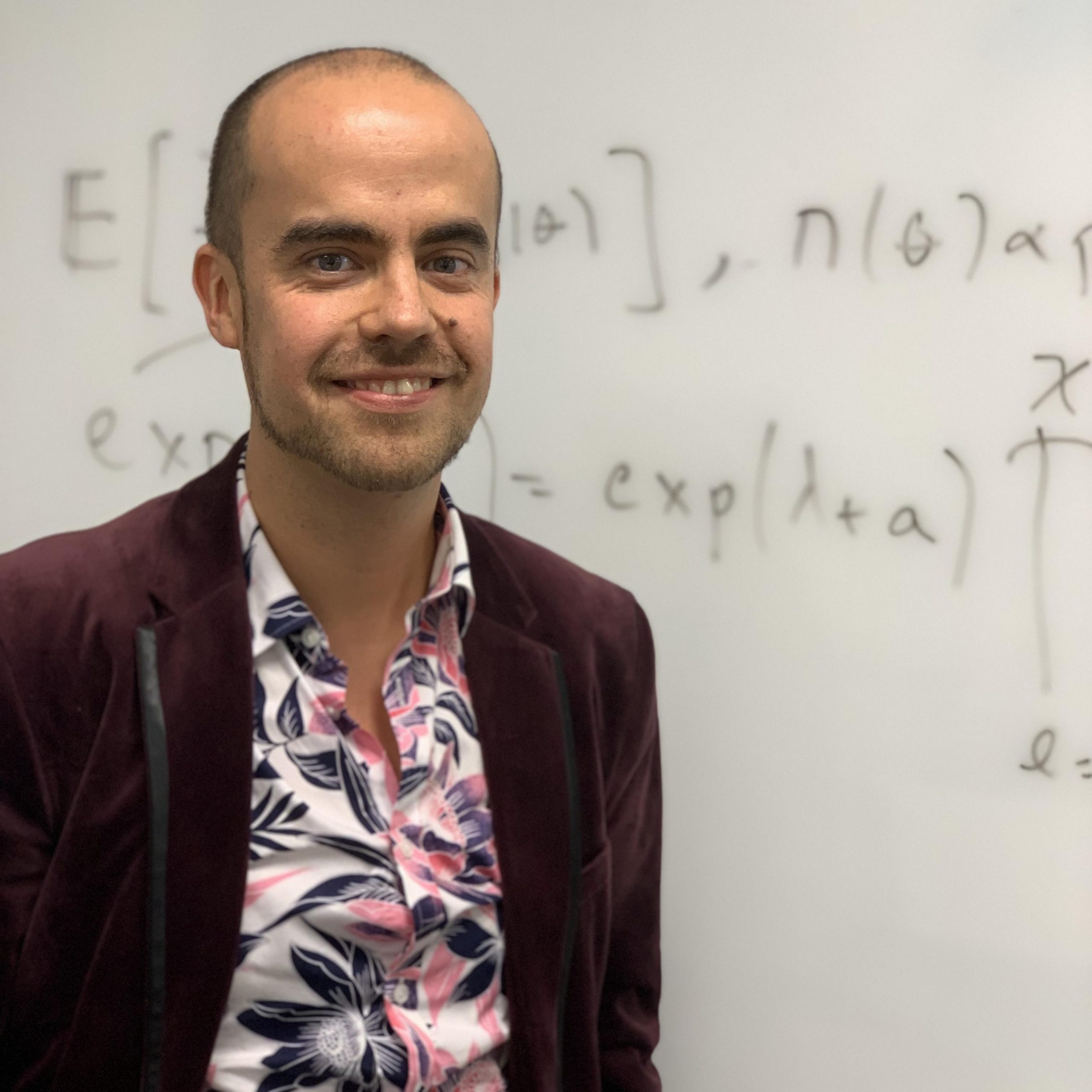Dr Matias Quiroz,
University of Technology, Sydney
Subsampling MCMC – An approach to speed up MCMC by data subsampling
This course gives an introductory overview of subsampling Markov chain Monte Carlo (MCMC), a so-called pseudo-marginal MCMC approach to speeding up MCMC through data subsampling. The course will start with a brief introduction to Bayesian Statistics, followed by an introduction to Bayesian computations with an emphasis on simulation algorithms. We then introduce state of the art pseudo-marginal MCMC methods and show how these can be used to speed up MCMC inference through data subsampling.
Pre-requisites
The pre-requisite of this course is knowledge of probability at an intermediate level (no measure theory is required). Basic knowledge of programming will be required for the lab. The lab is in Python using Jupyter notebook, but students are not required to know Python a priori. Students are highly recommended to install Jupyter lab before the course.
If you want to read about the material we will cover, I recommend the overview article ‘’Subsampling MCMC – An introduction for the survey statistician’’ which you may download here https://arxiv.org/abs/1807.08409.

Dr Matias Quiroz,
University of Technology, Sydney
Matias Quiroz is a Lecturer at the University of Technology Sydney (UTS). Matias was born in Chile, but was raised in Sweden where he obtained his PhD degree in Statistics from Stockholm University 2015, and also a Master’s degree in Engineering Mathematics (major in Financial Mathematics) from Lund University 2009. Prior to his PhD studies, he worked as a Research Assistant at the Research Division of the Central Bank of Sweden. Matias did a Post-Doctoral Fellowship in the University of New South Wales Business School 2017-2019, before joining the School of Mathematical and Physical Sciences at the UTS as a Lecturer in May 2019.
His research interests lie in the area of Bayesian Statistics, particularly in Bayesian computations, such as Monte Carlo methods and variational Bayes. His research has been published in top-tier journals and conference proceedings in Statistics and Machine learning, such as Journal of the American Statistical Association, Journal of Computational and Graphical Statistics, Journal of Machine Learning Research, International Conference on Artificial Intelligence and Statistics (AISTATS) and International conference on Machine Learning (ICML).
You can find out more about Matias’ research on his personal webpage www.matiasquiroz.com.
